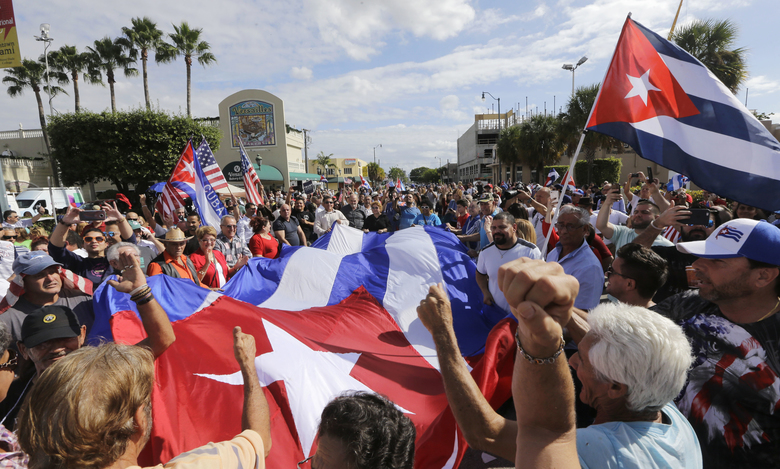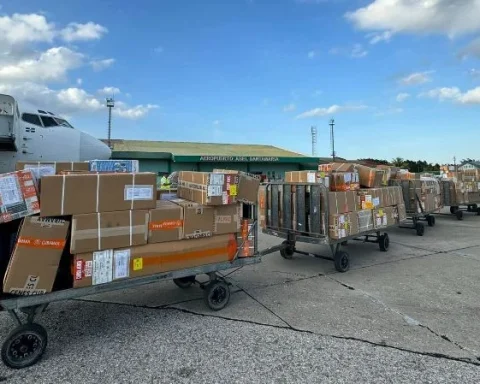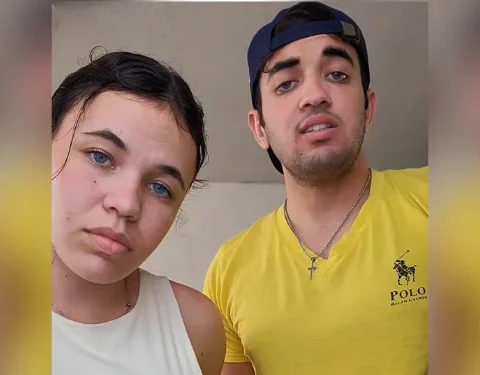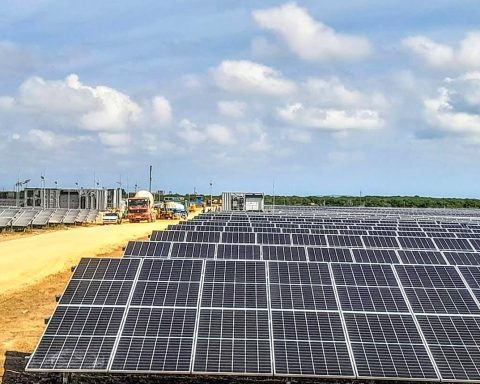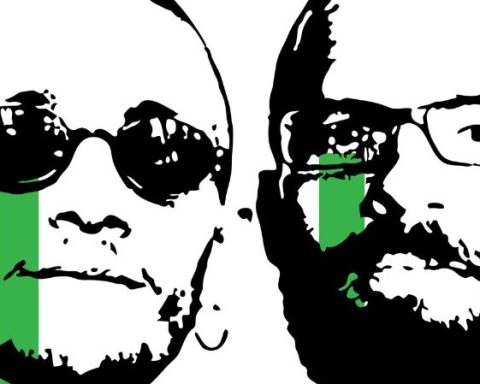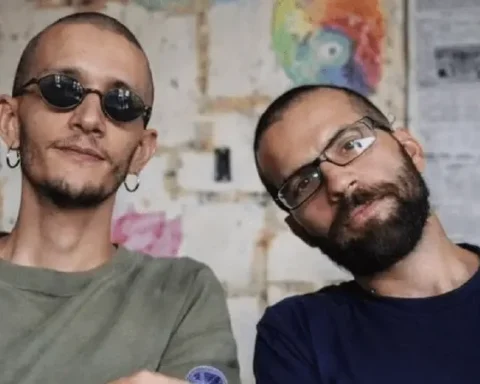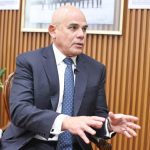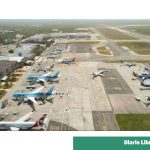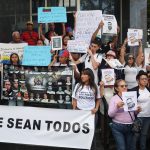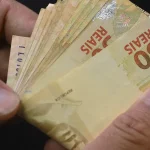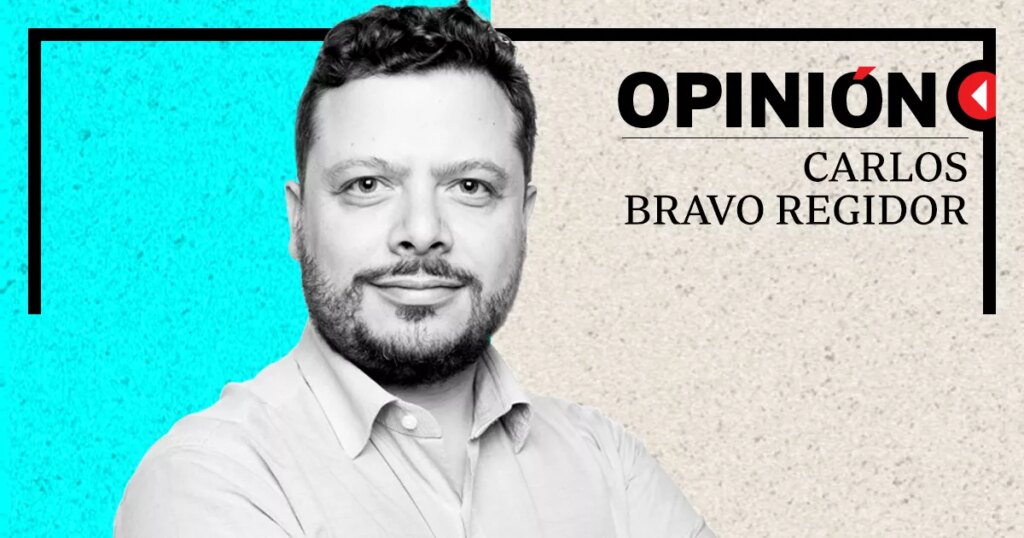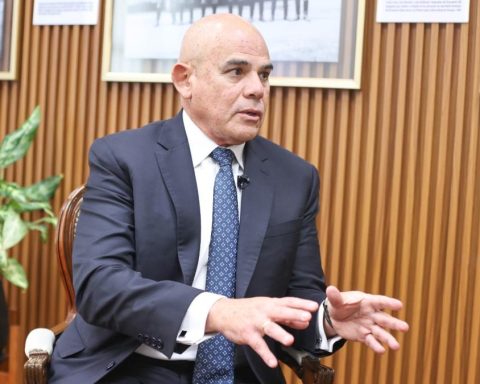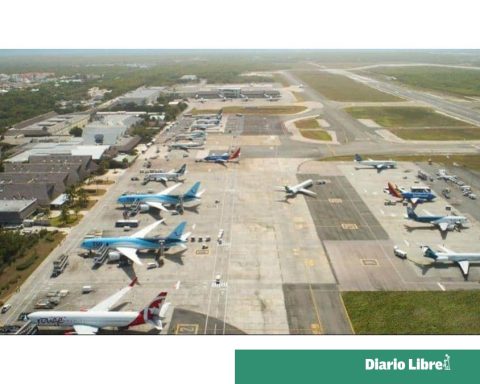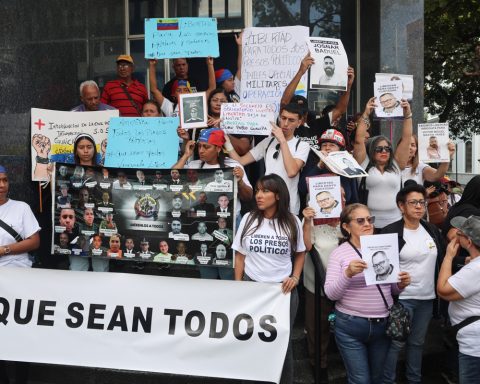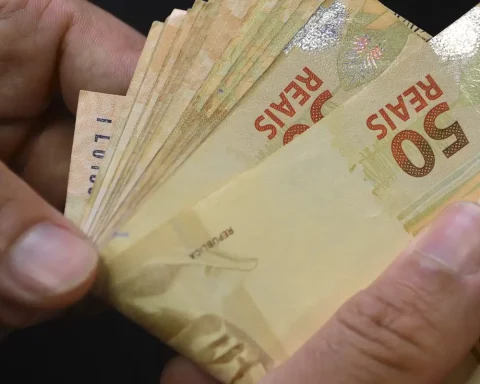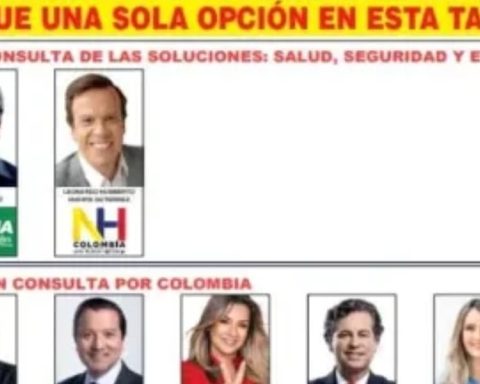LAS TUNAS, Cuba. — Embarrassingly for them —Cubans boosted by their dollars and discriminated against for their rights due to their emigrant status, formerly called “sellers”, “traitors”, “counterrevolutionaries”, “worms” or “scum” – among the exhibitors at the 38th edition of the Havana International Fair (FIHAV 2022) There were several Cuban-American businessmen who, as legal persons, the communist regime —suffocated by an unprecedented socioeconomic crisis— allows them to make investments in Cuba, while as natural persons it prohibits owning properties in the country where they were born.
Cuban citizens residing outside of Cuba —and, first of all, the so-called “Cuban Americans”— annually contribute hundreds of millions of dollars to the island’s economy —some experts say around three billion— by sending remittances to their relatives. These, by boomerang effect, enter the coffers of the totalitarian State given the monopoly exercised by the regime and the military dome over finance, wholesale trade, retail trade, imports from raw materials and food to household appliances and vehicles.
Despite this substantial economic contribution of the emigrants to the nation, the Castro-communist leaders and their legislators, although they look very favorably on “Cuban-Americans” as tourists or as businessmen under the banner of the state monopoly, they do not see them with the same gaze. indulgent, if not police, when they bring their dollars to Cuba to invest in properties managed by themselves, outside the shackles of the monopoly State.
Dozens of Cuban-Americans for some years have acquired and continue to acquire property in Cuba, land, cattle, agricultural machinery, homes, which they have not been able to register in their name because current Cuban laws prohibit it, and, consequently, they have had to resort to relatives and friends to represent them in the possession and administration of these assets, even going as far as, through other people, to request in usufruct idle state lands, which they have put into production, some of them having the possibility of inherit family farms, to which they cannot access by inheritance law, despite being children or grandchildren of the owner, because the current agrarian law, which is the Decree-Law No. 125 of 1991 of the late Fidel Castro, “Regime of possession, ownership and inheritance of land and agricultural assets” denies them that right.
“If the so-called Cuban-Americans are Cuban citizens, even though they have been naturalized in the United States, why can’t they own agricultural property in their own country?” I asked an official from the Ministry of Agriculture.
“Look, when we detect that a Cuban-American has bought a farm, so as not to create a fuss, we don’t confiscate it from him, we almost never even talk to the people that Cuban-Americans put to take care of their land when they make those illegal purchases, but we We go to the registered holder (the original owner) and we warn him that if he does not reverse this illegal sale, a forced expropriation process will be carried out according to article 9 paragraph e) of Decree-Law 125”, said the official .
Article 9 subparagraph e) of Decree-Law 125 states that “the establishment of sharecropping, leasing or other relationships that imply partial or total transfer of the land” is considered an infraction, which leads to forced expropriation according to the aforementioned Regulations. Decree-Law 125.
In order for a Cuban-American to have rights to the ownership of real estate in Cuba (understood as homes, land, even agricultural movable property), first of all, they would have to carry out a “repatriation” process, because, although it is lawful for them to acquire and have properties in the United States, in Spain, or in another country that welcomed him as an emigrant, in his own country the Cuban is denied those rights.
By law, after one year of stay in the country and if they have not committed crimes, Cubans have the right to residency in the United States and, consequently, to lead a full life in that nation, even to adopt United States citizenship after the required time and prior compliance with the provisions. More, paradoxically, after two years of leaving Cuba —except for the moratorium due to COVID-19— the regime considers Cubans “emigrants”, an undervalued category that means that they cannot own homes in their country and that denies them to legally acquire not a farm and cattle, but even a plot in a cemetery.
OPINION ARTICLE
The opinions expressed in this article are the sole responsibility of the person who issues them and do not necessarily represent the opinion of CubaNet.
Receive information from CubaNet on your cell phone through WhatsApp. Send us a message with the word “CUBA” on the phone +525545038831, You can also subscribe to our electronic newsletter by giving click here.
